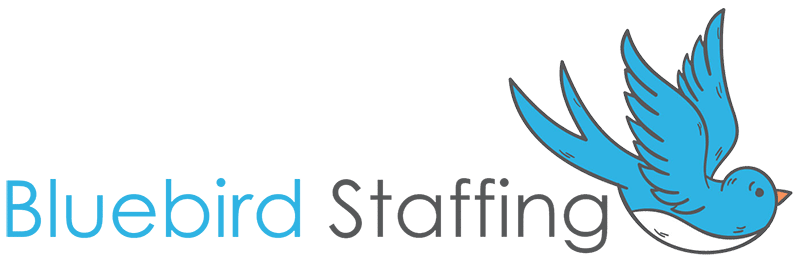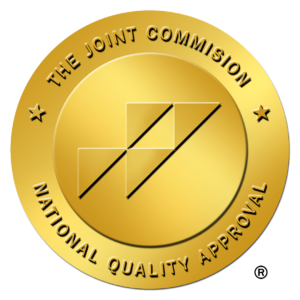The American workforce is tired. Since COVID, we’ve faced nearly three years of crisis. Pandemic hiring freezes, supply chain issues, the transition to working from home, the Ukraine war, fears of recession, and the latest round of layoffs in tech. There are signs we are burning out. A study in November showed more than half (59%) of the American workforce is experiencing burnout symptoms. Overwork and daily stressors contribute to these feelings. It doesn’t help that many of us work from home now, so it’s harder to disconnect from work. But disconnect we must. This blog will help you achieve a balance between work and your life before you, too, experience burnout.
Signs You’re Overcommitted
Is this you?
- You wake, flip open your laptop, and suddenly it’s lunchtime, and you haven’t had a break from work.
- You go back to work after dinner just to tackle a few more tasks.
- You’re dreaming about work.
- You put in time over the weekend to catch up.
- If you do get downtime, you feel guilty.
These are all signs you’re overworking in your job. Overwork can lead to burnout or disengagement, what we now call “quiet quitting.” Overwork is a vicious cycle that may have accelerated because more of us work from home now. More than 92 million Americans have the opportunity to work remotely. The problem? Studies show we’re working a minimum of 10% more each week now that we’re working from home.
Overwork is bad enough when you go to an office. But overwork at home is a harder cycle to break because there are no physical boundaries (such as a commute) to tell your mind to shut down and shift to a disconnect from the job.
Here’s how to protect your free time and disconnect from work, even when work happens at home.
How to Disconnect from Work
The benefits of disconnecting from work include the following:
- Better health
- Less fatigue
- Higher engagement at work
- Avoiding burnout
- Better quality of life
These benefits sound great, but achieving them is challenging. New research shows us that four key activities can help you disengage from work and achieve these benefits. They include:
Set boundaries for your screen time
Most people know they’re spending too much time in front of their screens. The average American spends nearly 11 hours a day looking at a computer screen. The study showed that setting daily boundaries that tell you when to turn off your devices is the best way to disconnect from work. You can use a screen time tracking device to tell you when to shut things down.
Establish a relaxation routine
This routine should be a solo endeavor. The study found that we spend more than 80% of our day interacting with people. Having some alone time right after work to decompress is like pushing the restart button. In this case, a little solitude is a good thing.
Take on a hobby
Taking on something else when you’re overwhelmed may sound counterintuitive; Do you want me to do more work? The study suggests taking on an engaging activity that has nothing to do with work. A hobby allows you to disconnect from the daily grind physically and mentally.
Establish a shutdown ritual that ends work each day—and then don’t return later
Don’t check Slack on your phone. Don’t respond to an email at 2 am. Instead, each day, have a system that draws a psychological line in the sand. It could be making a task list for tomorrow, shutting your computer off, and cleaning your desk. Either way, this routine should mark the end of the day and the beginning of your life.
Looking For A New Job?
Sometimes even your best efforts can’t stop a bad work environment from bringing you down. That’s where Bluebird Staffing can help. Check out our hot jobs and consider giving us a call. We can help you make a career move that helps you find the balance you’ve been craving.



